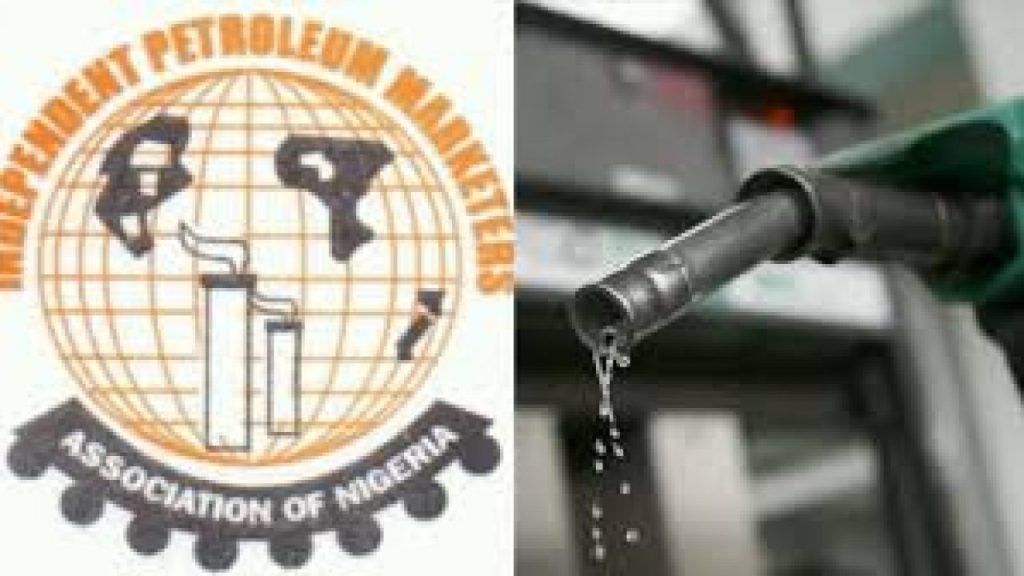The Independent Petroleum Marketers Association of Nigeria (IPMAN) has voiced concerns over the steep increase in petrol prices levied by the Nigerian National Petroleum Company Limited (NNPCL). IPMAN, which controls more than 70% of filling stations nationwide, has particularly taken issue with the price disparities between the cost at which NNPCL acquires petrol from the Dangote Petroleum Refinery and the price that it subsequently charges independent marketers. According to IPMAN’s estimates, NNPCL buys petrol from Dangote for about N898 per litre, yet it sells the same product to marketers at N1,010 in Lagos, with higher prices in other regions. This has prompted IPMAN to consider ceasing operations nationwide if the issue is not promptly addressed. The association is also demanding a refund from NNPCL for outstanding petrol supply payments valued at around N15 billion.
In the midst of this unrest, the Major Energies Marketers Association of Nigeria (MEMAN) continues its operations by loading subsidised petrol from Dangote Refinery, which they initially procured at a lower rate through NNPCL, at N766 per litre. This arrangement allows MEMAN members to resist immediate price hikes while they deplete their existing stock acquired before the price increases. According to major marketers, operations are projected to last for about another two weeks before they have to source fuel directly from Dangote. This situation underscores a key criticism from independent marketers who argue that they are being squeezed financially by NNPCL’s pricing strategies, with some arguing that they could offer petrol at a more competitive N970 per litre if they could purchase directly from Dangote.
The situation has worsened due to recent widespread petrol price hikes across various retail stations, with NNPC raising prices significantly. Following a 14.8% increase, petrol prices have surged over 430% since the current administration took power. The National Publicity Secretary of IPMAN, Chinedu Ukadike, has reported that there has been no feedback from NNPCL regarding resolutions to these pricing disputes, and he suggested that without immediate action from NNPCL, service withdrawal could be on the horizon. In contrast, MEMAN officials have noted that their operational strategy allows them to mitigate potential crises through their storage capacities and ongoing relationships with NNPCL, signaling that their operational model may afford them a buffer against sudden price changes.
The broader economic implications of these fuel price increases cannot be overlooked, especially concerning the potential impact on small and medium enterprises, which could face an increased risk of collapse due to tighter margins exacerbated by rising operational costs. An associate professor, Dr. Onuche Unekwu, expressed concerns about rising unemployment rates and poverty levels as operational costs rise and consumer behavior shifts. This creates a precarious cycle for many businesses that operate on thin margins, exacerbating economic instability and leading to reduced accessibility of goods and services. The cascading effects of rising fuel prices can inflate operational costs for businesses, which ultimately translates into increased prices for consumers and can further aggravate existing socioeconomic challenges.
Social scientists and economists alike have warned about the ripple effects of the fuel price hikes on inflation and commodity prices. As transportation costs go up, so too do the costs associated with the production of goods, leading to increased prices across industries. Victor Agi, a fiscal accountability expert, underscored the correlation between fuel prices and inflation rates, with rising operational costs leading to poorer purchasing power for households. The skyward trajectory of fuel prices is expected to have a compounded effect, with essential goods stretching household budgets even more thinly.
Moreover, the call for alternative energy sources has never been more pertinent, as many small businesses struggle to keep their operations afloat given their reliance on petrol for generators and other forms of energy. The suggestion to transition to renewable energy sources, such as solar power or compressed natural gas (CNG), has been met with advocacy for government support to ease the transition. Skepticism remains around government intervention, especially in light of previous failures to properly allocate resources following past subsidy removals. Experts argue that government commitment to improving access and affordability of alternative energy sources could provide much-needed relief to both individuals and businesses alike amid the ongoing turbulence in Nigeria’s fuel market.
As tensions in the fuel pricing landscape continue to rise, the actualization of a sustainable and equitable pricing structure becomes crucial. A shift towards a fully deregulated petrol pricing regime, in conjunction with strategic investments in alternative energy, could signify the way forward for addressing the structural challenges facing the industry and, in turn, the broader economy. The interplay between government policy, market dynamics, and the plight of consumers and businesses will critically shape the future landscape of Nigeria’s fuel sector, and navigating these challenges effectively could mitigate the impending economic fallout.














